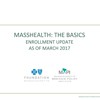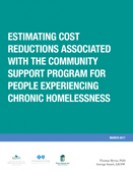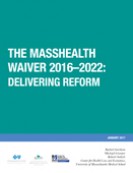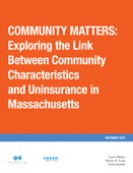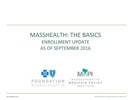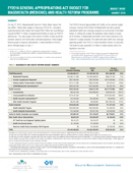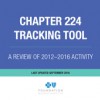Overview of the Senate Better Care Reconciliation Act of 2017

This chart pack provides an overview of the Senate-proposed Better Care Reconciliation Act of 2017, highlighting some of its key provisions, particularly as they relate to Medicaid. Developed by Manatt Health, this chart pack was commissioned by the Blue Cross Blue Shield of Massachusetts Foundation for the Massachusetts Coalition for Coverage and Care.


